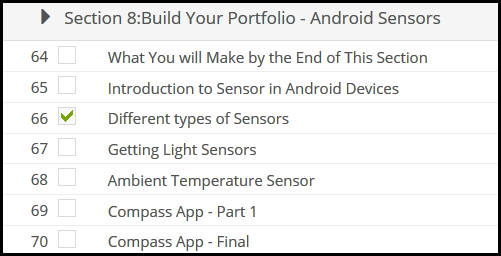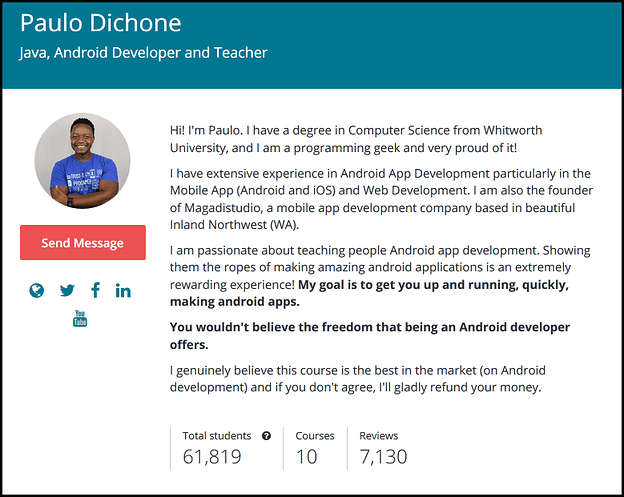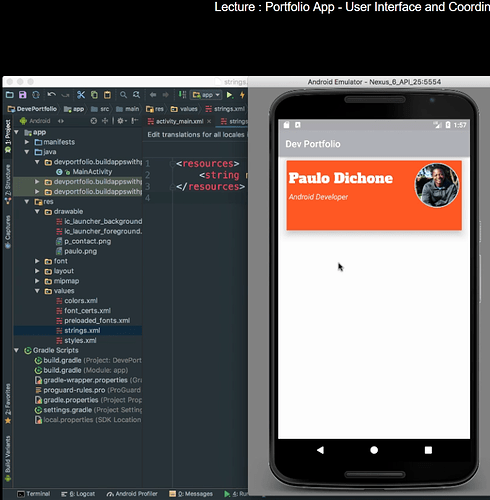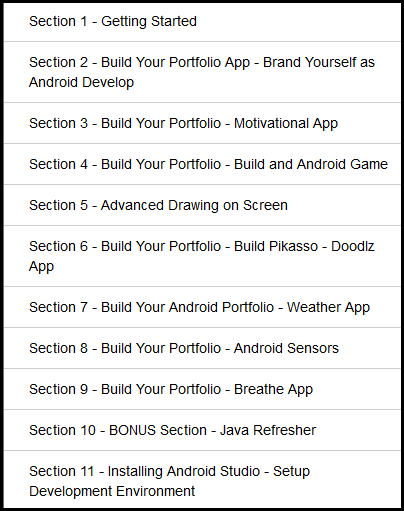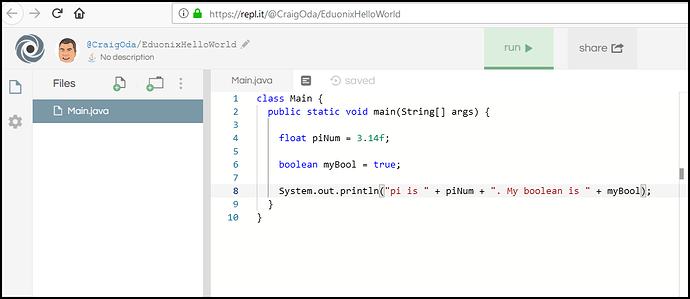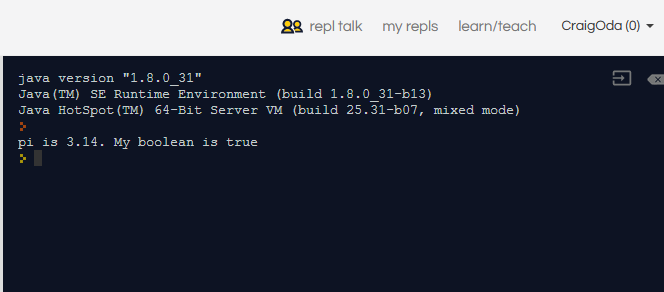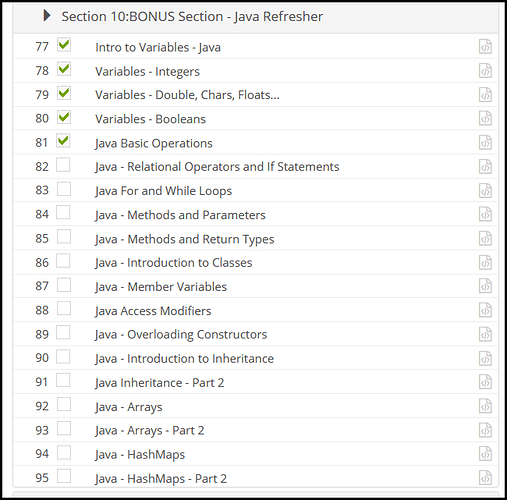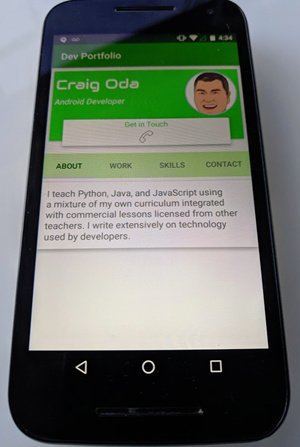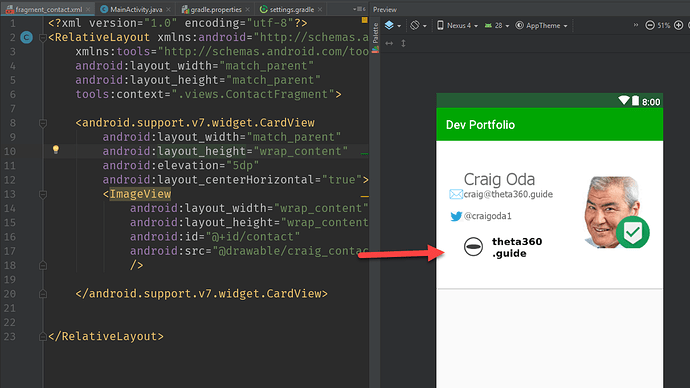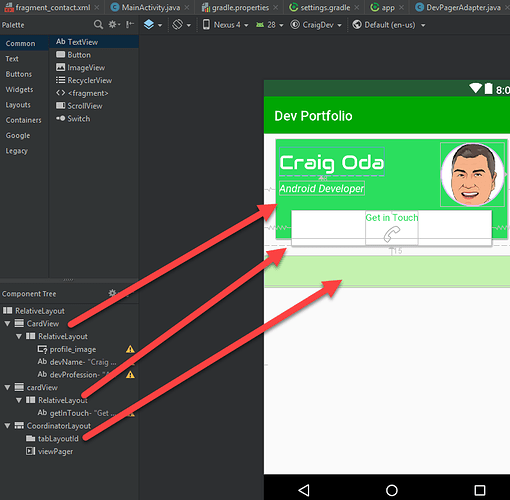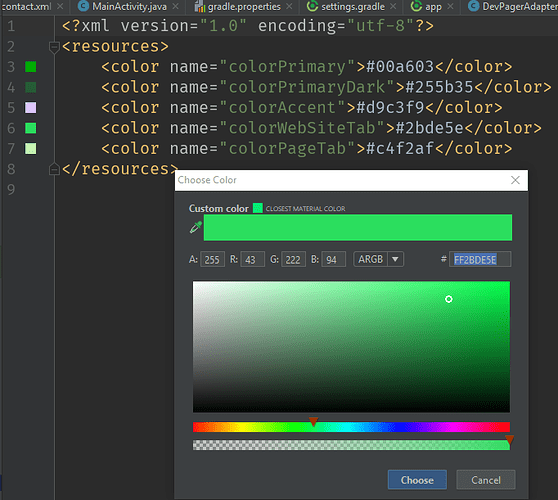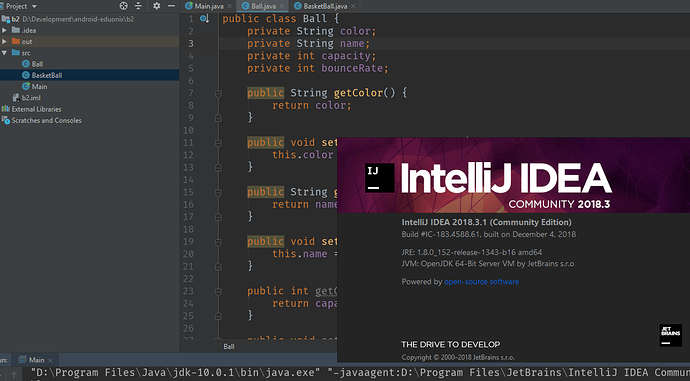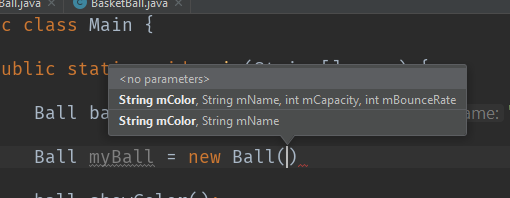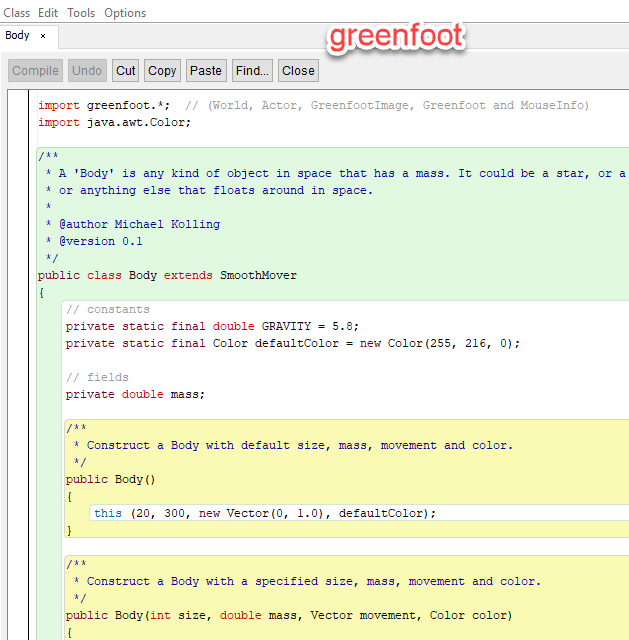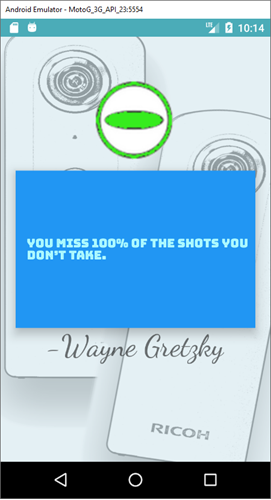As part of the Star Trails Timelapse Challenge, qualified participants will receive this general Android course as a free gift. The course will be applicable to any developer that wants to build Android apps for distribution on Android phones. As the RICOH THETA runs Android OS, much of the material and techniques will be relevant. This course does not cover development techniques specific to the RICOH THETA.
- 98 lectures
- 17.5 hours of video
- 1 GB of reusable developer assets with sound, image, icons, templates. 11,000 files in asset pack
- Lifetime access. You can continue to use after the challenge is over.
Instructor
How to Get This Course For Free
-
Register for the Star Trails Timelapse Challenge - You will immediately receive a fully functional trial stitching app and plug-in starter kit
-
Send proof that you are in the RICOH THETA Plug-in Partner Program. Registration is free. (You need to register to unlock developer features in your camera). You will receive an email explaining how to send a screenshot to show your registration
-
That’s it! We will send you a code so you can go online and take the course
If you have any questions or problems receiving your free course, send an email to jcasman@oppkey.com
Additional Course Information
Designed for students with some Java experience. I’ve gone through the course and feel that only basic Java experience is needed. There is a Java language basic section included in the course. The focus is on Android development.
There are 27 videos from Paolo with Android development lessons freely available on YouTube. No registration required. The gift course you will receive has 98 videos in it.
Sample Lessons
Sensor Lessons (generic Android phone, not specific to RICOH THETA)
